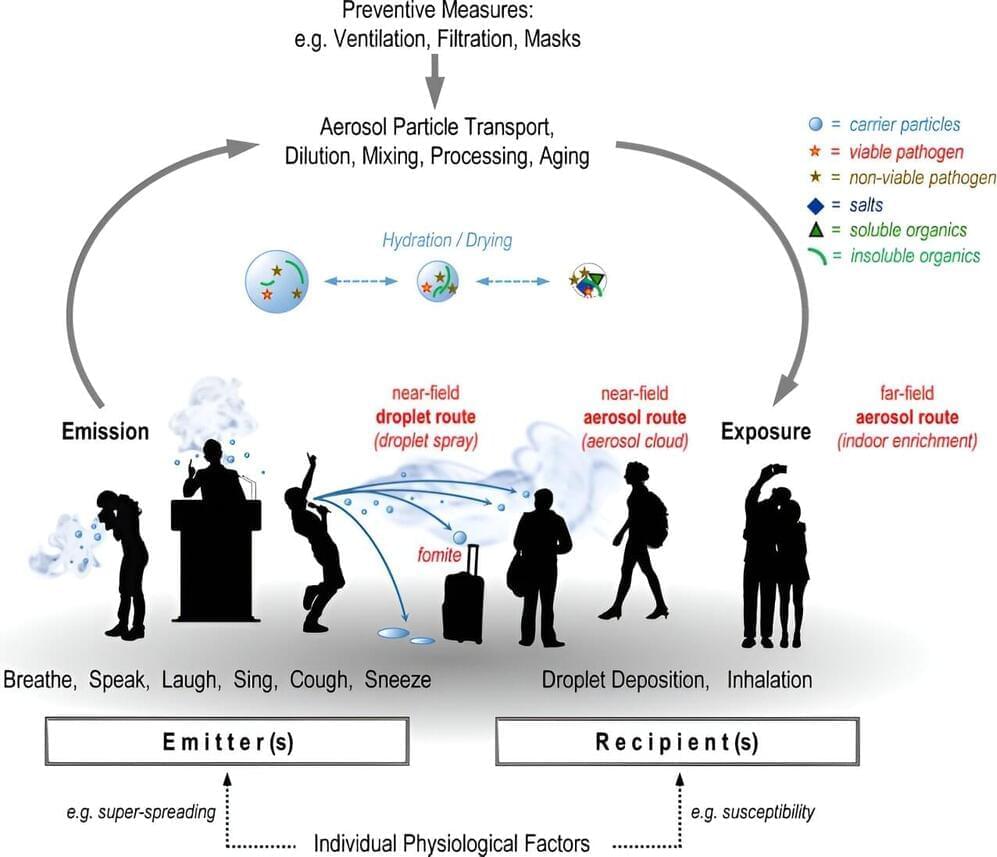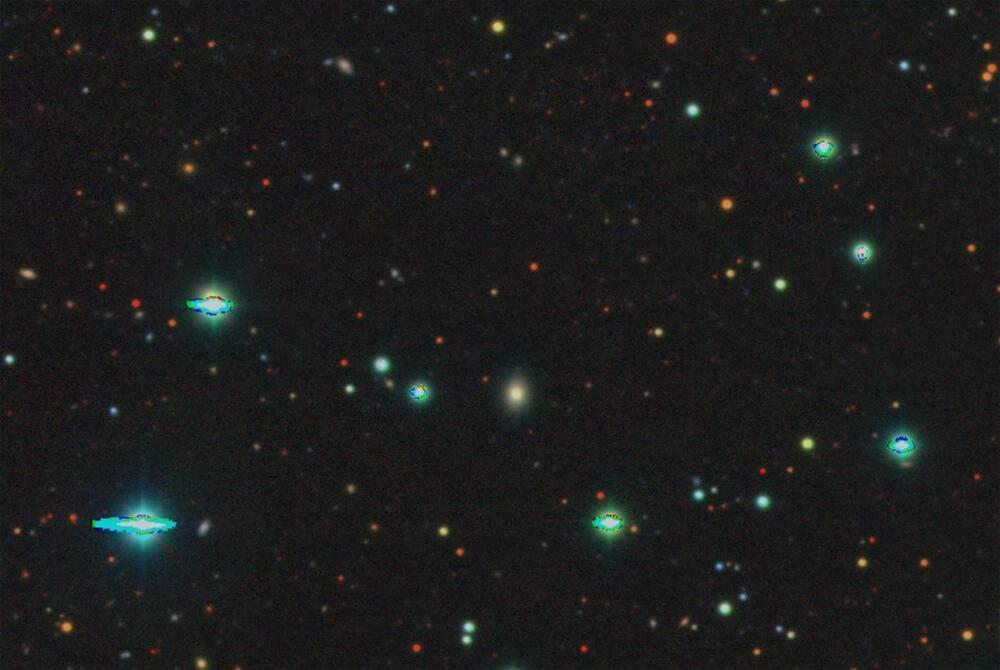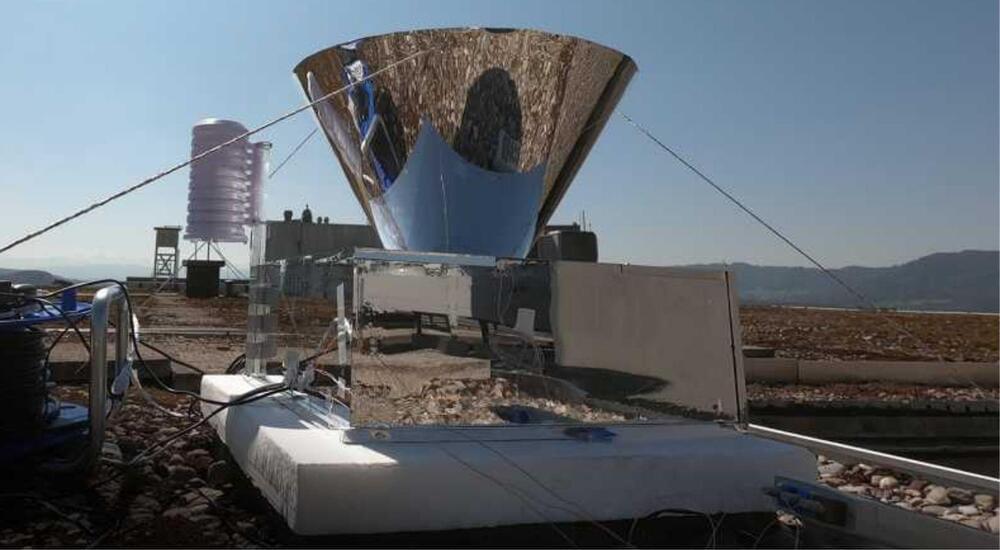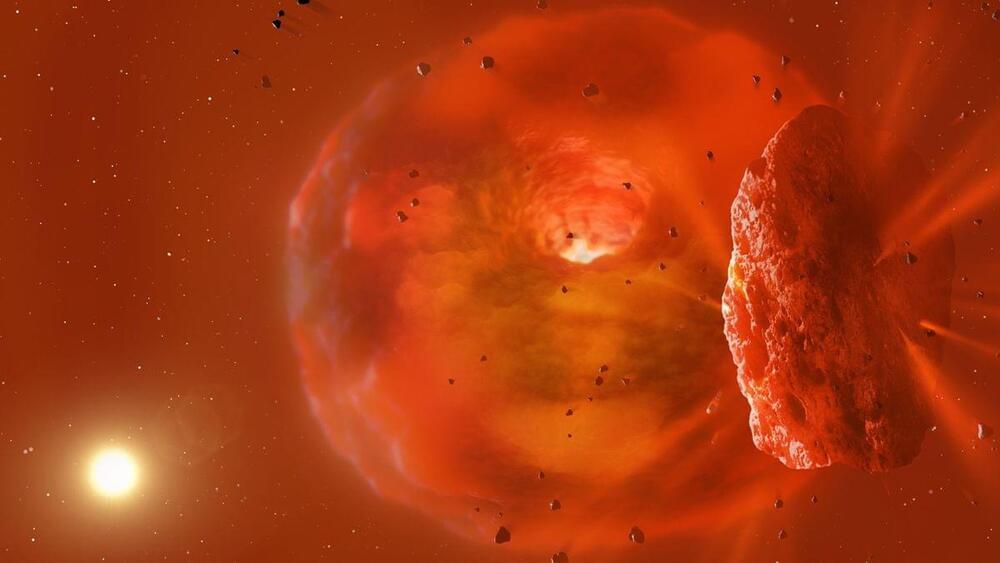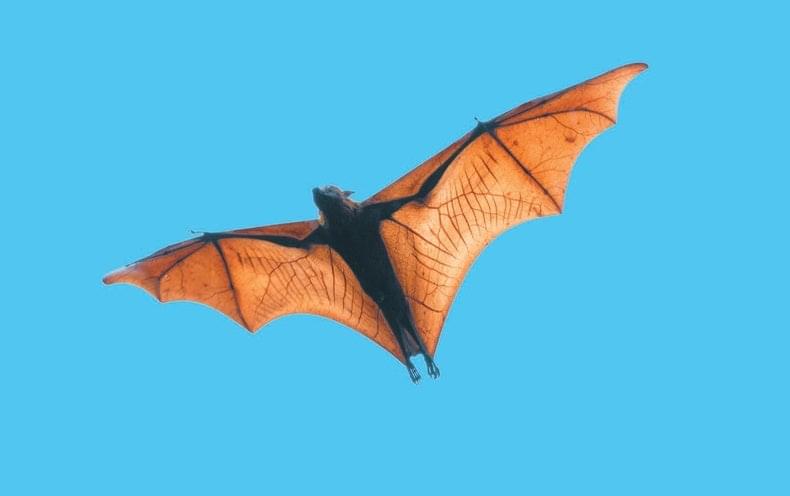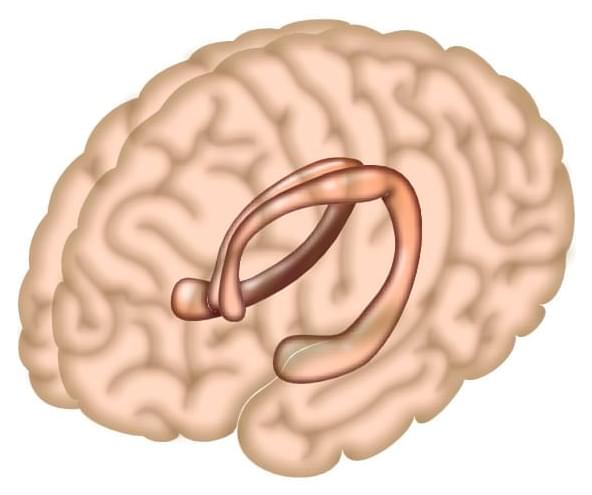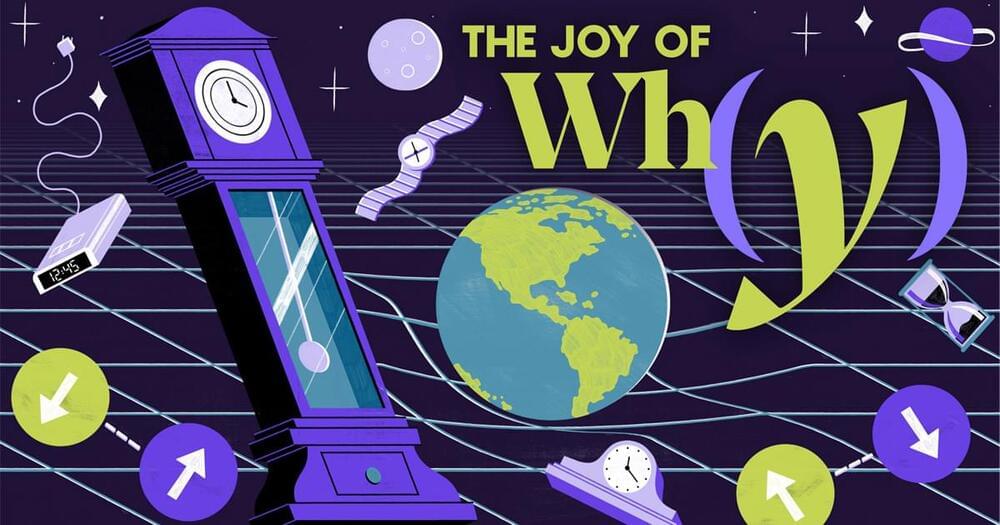A team of atmospheric scientists, chemists and infectious disease specialists at the Max Planck Institute for Chemistry, working with colleagues from the Max Planck Institute for Dynamical Systems, the University of Denver, Georg August University and St. Petersburg State University, has embarked on an effort to collate publicly available information on droplet properties, such as the way they are distributed by size, their composition, and the ways they are emitted, as a means of helping to develop mitigation strategies for fighting infectious agents.
In their paper published in the journal Reviews of Modern Physics, the group describes their collating process and why they believe it could help fight non-contact infectious diseases.
In the early days of the pandemic, as people around the world locked themselves inside their residences, scientists, including those not in the medical field, looked for ways to help. One such pair of researchers, Christopher Pöhlker, an atmospheric scientist, and his wife, Mira, a cloud scientist, began to wonder about the nature of droplet size—something related to both their fields of work.
